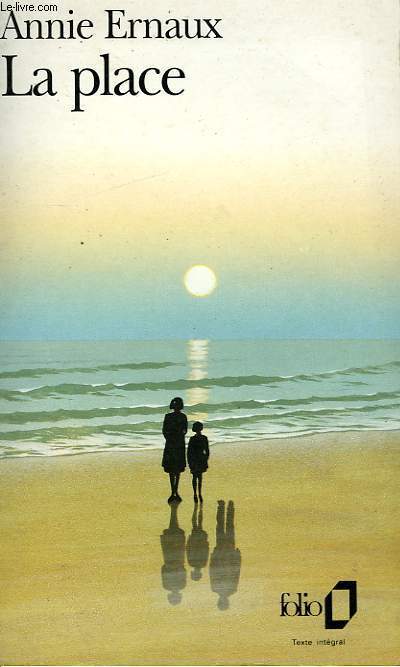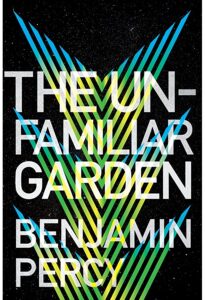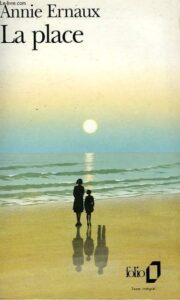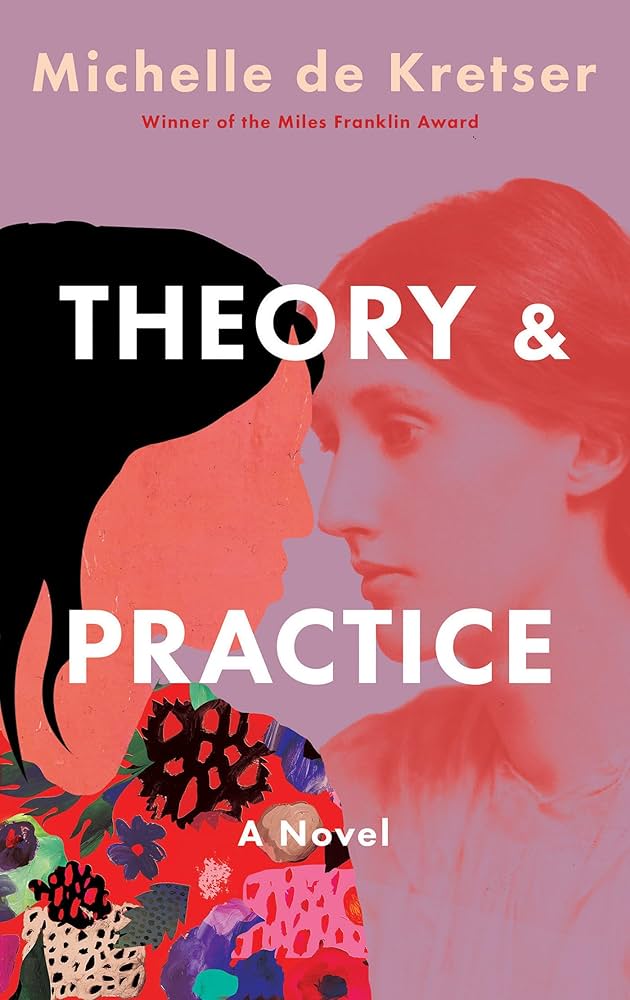Curated by SOFIA BELIMOVA
Welcome back to Friday Reads! Here in Western Mass, a frigid February is upon us—a perfect excuse to stay inside with a good book. Need help finding that perfect read? Look no further than these recommendations from The Common’s contributors.
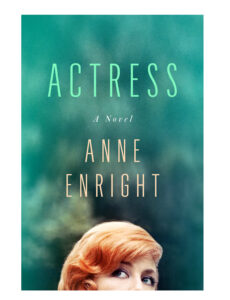 Anne Enright’s Actress, recommended by Mathilde Merouani (contributor)
Anne Enright’s Actress, recommended by Mathilde Merouani (contributor)
I think Anne Enright should be a superstar. Not that Anne Enright works in obscurity—her 2007 novel The Gathering won the Booker Prize. But if there was any justice to literary success, there would be think-pieces about whether Anne Enright is overrated. People would be so used to hearing that Anne Enright is one of the greats that, in their suspicion, they’d assume she must be too mainstream to be good. But then they’d read her and discover that she is, actually, one of the greats; they would see in her impeccable prose the perfect balance of comedy and tragedy that makes the tragic a little funny and the comic a little sad. If I had it my way, Anne Enright would have to tell fans that she would just like to have dinner in peace. I’m not sure Anne Enright would enjoy this level of fame, but she would certainly have something interesting to say about it.
In Enright’s Actress, the actress in question is dead, but she used to be a star. Norah, her daughter, tells us so: “I mentioned that my mother was a star. Not just on screen or on the stage, but at the breakfast table also, my mother Katherine O’Dell was a star.” From this quote you might be misled. You might think being a star at the breakfast table is a bad thing, that Actress is the tale of a woman whose professional artificiality emptied her of her substance. But that would be too simple—Anne Enright is above such schematic observations. Actress is not a moralistic condemnation of pretense. Katherine’s red hair is dyed, her Irishness invented, the apostrophe in her name a late addition, and Norah recalls all these details with tenderness: fakeness is what makes her mother real. These forgeries are attempts at becoming a person, and Katherine is “a great fake” in the same way that some people are kind, or boring. The only time Norah cannot stand the fake is when, at one point, it creeps into their relationship: “She did not need to pretend to be my mother, when she was my mother already.” Katherine’s falsehoods are their private treasures—her daughter should always be in on the joke. It’s the same thing that first attracted Norah to her husband: they argued, were pretentious, “disbelieved each other immediately.” She says she wanted to expose him as a fraud. “I would hold the mirror up to your fraudulence.” Isn’t she the mirror? That is what she couldn’t resist: the excitement of recognizing one’s particular kind of artifice in another person.
Norah’s husband is the addressee of her narration, but he isn’t, really. Now and then the “you” is uncertain, is her mother, is herself. That “you” is open, because Norah, too, needs an audience. The spotlight is on her mother, but slowly we get the sense that Katherine’s story is Norah’s way of telling hers. That in removing herself she points to exactly that: ways she has been erased. Namely by a man, who abused and neglected her: “it did not feel like he was fucking me, he was just trying to find and catch his own pleasure.” Norah cannot use the word “rape” to talk about the event; she can only use it about her mother’s assault. When she imagines telling someone, it is a friend of the family who happens to be a priest—this is a woman in need of a confession. “I was right there,” Norah says, in various contexts, and indeed she was right there, in her mother’s story, all along.
Actress is the tale of a girl who misses her mother, and wishes she could speak about the pain she never shared with her. When Katherine arrives in America, her agent helps her build a new identity. “You can be whatever you miss most,” he says. “What do you miss most?”
Benjamin Percy’s The Unfamiliar Garden, recommended by Rebecca Foust (contributor)
I didn’t use to read much post-apocalyptic Sci Fi. Cormac McCarthy’s The Road, and Peter Heller’s Dog Stars, sure, but I didn’t actively seek it out. During the pandemic I found myself peculiarly drawn to this genre and, like many others, devoured Emily St. John Mandel’s Station 11, a very satisfying admixture of hope, grit,and despair. Nowadays nothing can weld my attention to more than 10 minutes of free time except end-of-the-world stories. I do have my standards, though, perhaps to expiate guilt over not using that time to stay caught up on the many new great books of poetry that keep coming out.
My threshold requirement is good writing. My next is crack storytelling craft, including the obvious elements (plot, character, action, voice, tone, tension, etc.) and—something crucial for this genre—solid internal logical consistency. In the realm of standard fiction, John Gardner calls it “verisimilitude”—bedrock plausibility. Invented reality still has to make sense, or else the reader will fall off the fictional dream-train.
The book I just read, Benjamin Percy’s The Unfamiliar Garden (Harper Collins 2022), delivers on all counts. It’s the second installment in a series called The Comet Cycle (the books may be read out of sequence). The Unfamiliar Garden is terrific. I empathized with its characters, kept turning pages till done in two sittings, and cared about the outcome. The writing is vivid and clear, full of interesting ideas, with some luminous moments. [Trigger warning: graphic gore, heart-pounding suspense, and a few truly ewww moments, classic horror stuff.] It’s one of the first books I’ve seen to effectively assimilate the pandemic experience into its narrative—not just references to Covid, but also, in describing operation of the fungal infections, reliance on the new language (aerosol radii and the like) that Covid severely taught us all.
The plot is familiar. An alien spore infects people into zombie-like creatures, and a hero with family problems goes to battle to save the world. Meanwhile, nefarious capitalist military complex-types want to preserve the spores to develop a weapon. There are two heroes—Jack, a professor of mycology and his estranged wife, Nora, a criminal investigator—and the chapters mostly alternate their POVs. I liked that, accustomed to seeing zombie apocalypse heroes whose wives are just foils or props. I also liked Percy’s gender-stereotype reversals, like Jack being governed by his emotions while Nora models reason, practicality, and strength. The spore, from a rogue meteor shower, is fungal, and its victims join the mycological colony, a community with its own weird logic and, sometimes, beauty. The data about mushrooms and fungi is fascinating, and as far as I can tell, accurate and well-researched. As seen in the Netflix film Amazing Fungi, the species is endlessly variable, bizarre, mysterious, and sometimes more than a little horrifying. The author’s (and his character Jack’s) enthusiasm for the subject is infectious, pun intended, and reading this book gave me a sense of the uncanny about something that exists, often overlooked, in our own backyards.
Many post-apocalyptic tales do what this book does, zero in on one family in trouble in the middle of an alien invasion crisis. But not many do it as compellingly as The Unfamiliar Garden where the family drama could almost stand alone, and the same can be said of the alien invasion story. Braiding the two together makes a strong lanyard—and I do mean “braiding,” not mere layering—with each narrative penetrating the other at a myriad of subtle, symbiotic points along the way. (Just like a mushroom colony—poets might call it structural mimesis.) That’s one reason why the ending of The Unfamiliar Garden feels so satisfying. It does what a teacher, Heather McHugh, once told me a good ending of a poem should do—surprises the reader, and, at the same time, feels inevitable.
Best of all, the book feels current in vital ways and has depth, posing the powerful, human questions that keep us (especially parents) awake at night: Is our species headed for extinction? Has the planet been ruined, or just changed? In the crucible instant of personal decision, will we choose Humanity, Family, or Self? What’s the real definition of “human” versus “alien” or “other?” There are obvious metaphorical applications to our social discourse, and as the parent of a trans daughter and a son with Asperger’s, the book raised issues with special personal resonance for me. Anyway, if you want a smart, well-written escapist fantasy that sometimes feels uncomfortably close to today’s reality, read The Unfamiliar Garden.
Annie Ernaux’s La place, recommended by Zoe Valery (contributor)
A friend visiting from France asked what she could bring me. Forgoing the possibility of macarons from Paris, a jar of pickled courgettes, confiture, or fleur de sel from her island (which she brought anyway), I requested a book by Annie Ernaux, whose work I’d never read. La place (1983) is a text of complex flavor, stocked with well-preserved memories, where individual ones marinate with those inherited and chime with collective preserves of the past century. These are memories stored in a family-owned café-épicerie, where most of the narrative takes place. These memories have sat on the juices of the mind of Ernaux and aged along with herself and her father, the focal point of the book. After his death, she breaks open this “inedité” account, allowing the language and images from her working class life to release their nuances and deeper meaning, noting the underlying shame at their distance from the “bourgeois and cultivated world”: the place from which Ernaux now writes as she grapples with her social transition.
In La place, the “I” casts light on the “we” it left behind—the “we” that shadows the “I,” even as it moves in time, in social condition. In order to retrieve the worldview that used to be inseparable from her own, Ernaux looks to photography. Soon after her father dies, the narrator draws an old picture from his wallet and closely examines the image, marking details, translating gestures, and expanding the photograph’s serrated edges toward the broader context of his—their—world. This is the first of a series of photos that are analyzed by an eye (an “I”) that exposes the eye (the “we”) that took the photographs back then, revealing their perspectives. The last photograph is a portrait of a sixteen-year-old Ernaux that signals the beginning of her transition to her new world. She remarks on her posture, her clothing, her body, and on the shadow of her father in the foreground.
